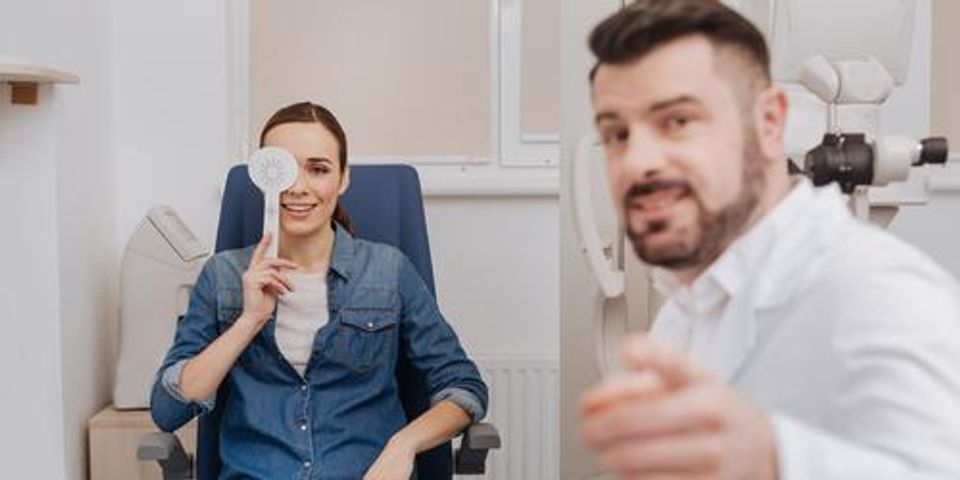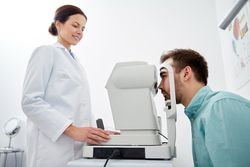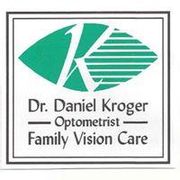5 Common Vision Problems That an Eye Exam Can Detect

Vision problems don’t always occur suddenly, which can make it difficult for people to recognize when their sight is in trouble. During these checkups, your vision specialist will not only assess your ability to perceive images but also detect ocular diseases that could benefit from early treatment. Although exams are fairly quick, Daniel J. Kroger OD reminds patients that a lot is evaluated during these routine visits. To help illustrate the importance of these appointments, this West Chester, OH, optometrist highlights a few of the most common problems that a comprehensive eye exam can pinpoint.
5 Possible Conditions That Are Diagnosed With an Eye Exam
1. Refractive Errors
Refractive errors refer to problems that impair the way the cornea interprets light, which can make things harder to see. Common examples of these conditions include nearsightedness, farsightedness, and astigmatism. To check for these problems, your specialist will perform a refraction test, during which you stare through various lenses to determine which prescription will help you see the clearest.
2. Retinopathy
Retinopathy is a type of condition that occurs when blood vessels within the eye are damaged, which might cause blurriness and blindness. This damage happens when conditions—such as diabetes and high blood pressure—put too much stress on the blood vessels. Typically, retinopathy is diagnosed with a dilated eye exam or retinal imaging. Depending on the severity of the condition, it might be treated with better management of diabetes and blood pressure, medication, or surgery.
3. Glaucoma
 Glaucoma occurs when internal eye pressure causes damage to the optic nerve, increasing a person’s risk for blindness. Since the problem shows little to no early warning signs, check for it regularly, especially if you have diabetes, heart disease, or high blood pressure. If caught early, through a tonometry test, glaucoma can be treated with medicated eye drops.
Glaucoma occurs when internal eye pressure causes damage to the optic nerve, increasing a person’s risk for blindness. Since the problem shows little to no early warning signs, check for it regularly, especially if you have diabetes, heart disease, or high blood pressure. If caught early, through a tonometry test, glaucoma can be treated with medicated eye drops.
4. Age-Related Macular Degeneration
The macula—a small portion of the retina—tends to lose its ability to perceive details as people age. Optometrists will usually detect the age-related macular degeneration by using a simple vision test that assesses one’s ability to identify straight lines. Although there is no cure for the condition, early treatment can help slow its progression to preserve vision.
5. Cataracts
Common with aging, cataracts are small accumulations of protein within the eye that can cause cloudy vision. These can often be detected by a visual exam and removed through laser surgery.
If you want to defend your sight against these potential problems, you can receive a comprehensive eye exam under the care of Daniel J. Kroger OD. Serving patients within the West Chester region, this optometrist utilizes state-of-the-art equipment and more than 25 years of experience to provide accurate diagnostics. If vision problems do surface, Dr. Kroger can introduce you to possible treatments, including stylish and comfortable eyewear. Learn more about his services online, or call (513) 777-3936 to schedule a convenient checkup.
About the Business
Have a question? Ask the experts!
Send your question

